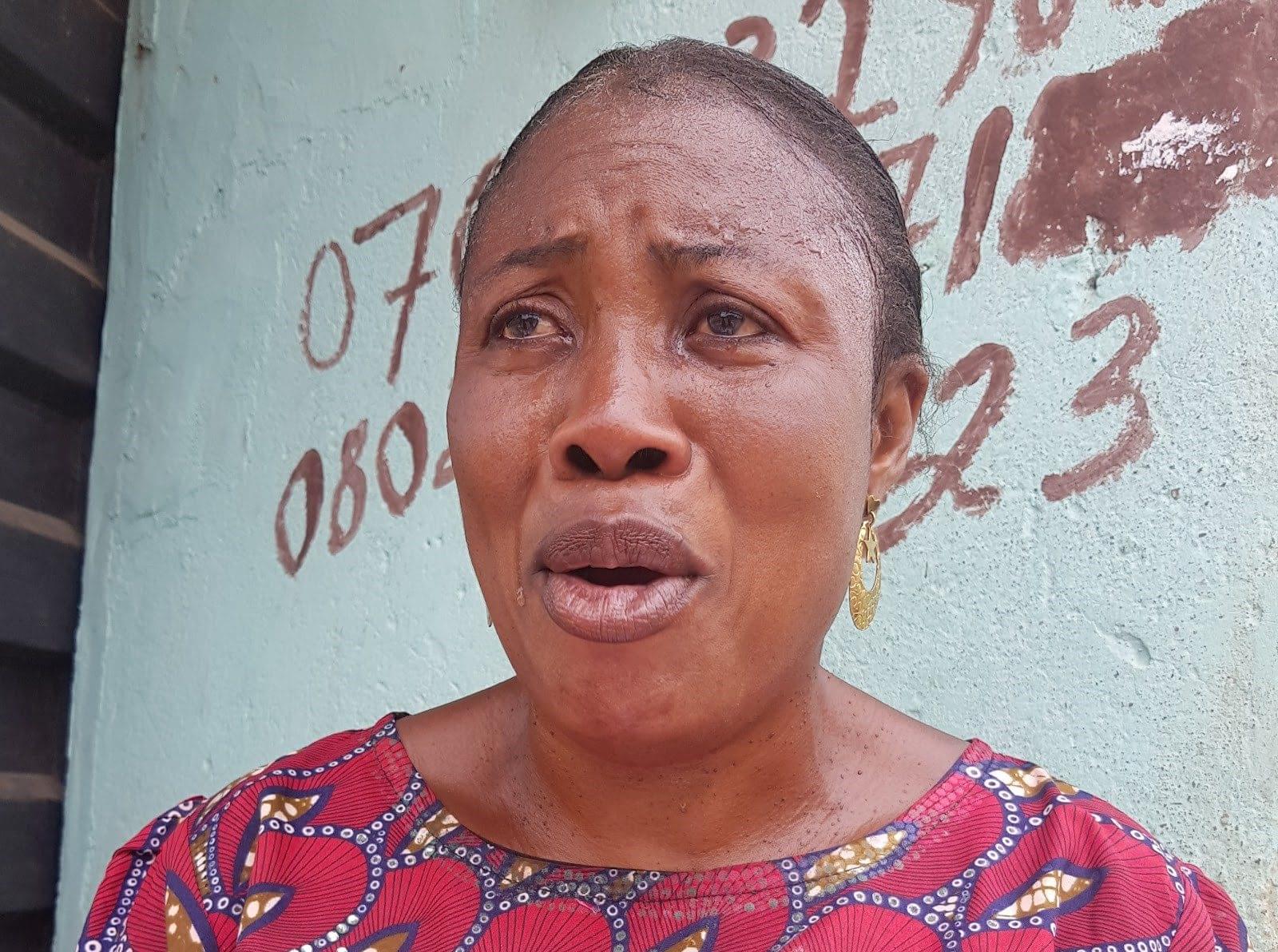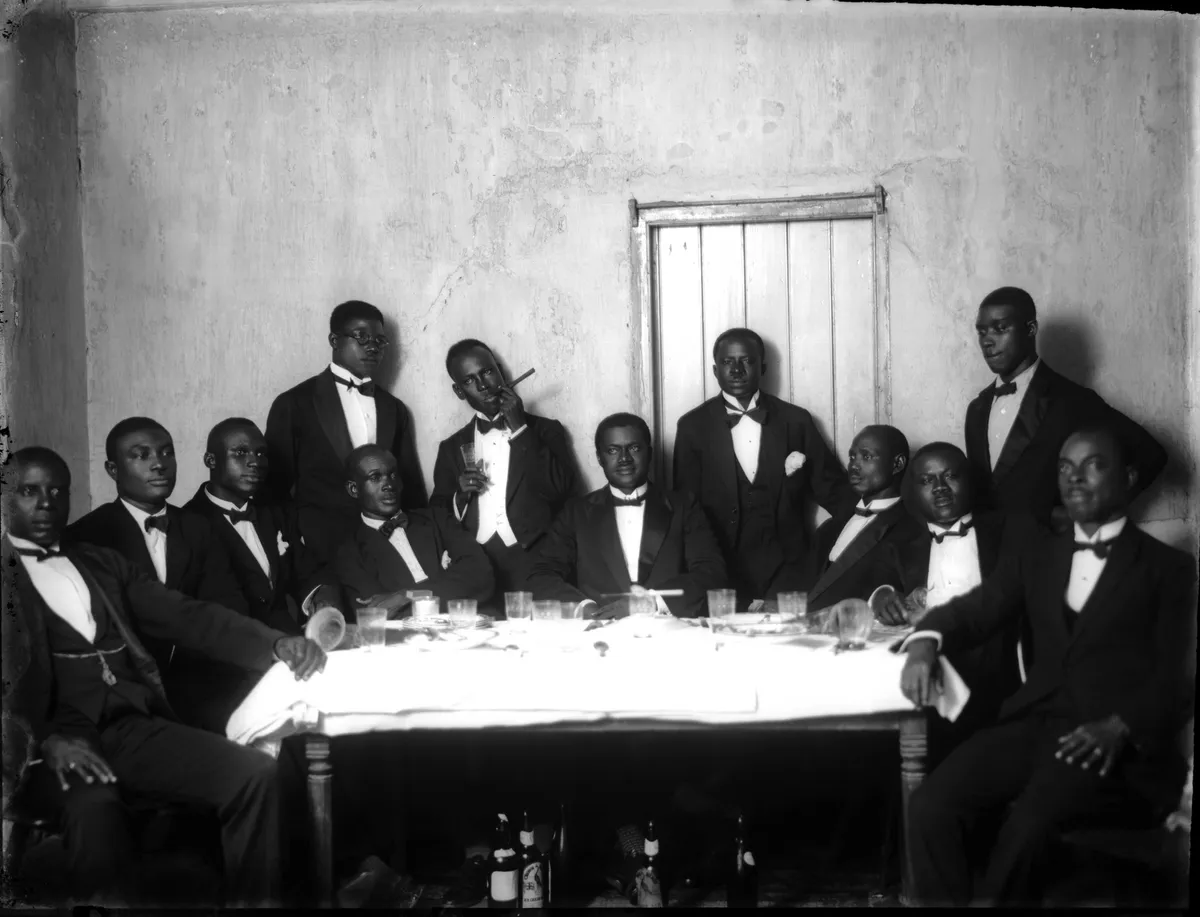About 15 million of the world’s 258 million widows live in Nigeria. Widowhood is complicated in an ethnically and religiously diverse country like Nigeria, which has three major ethnic groups and over 250 minorities.
Widowhood is the state of being unmarried after losing one’s spouse through death. The social, cultural, economic, and even historical aspects of widowhood all intersect.
This stage of life is fraught with difficulties, prompting the United Nations to designate a day each year (June 23) to examine widows’ rights and the issues that affect them.
Sponsered1
Descent is traced through males in patrilineal and patriarchal societies, including Nigeria, with systems controlled and dominated by men. Women are expected to be subservient in such societies. The disadvantages of becoming a widow are frequently exacerbated. It creates a subgroup that is doubly marginalized and sometimes subjects women to dehumanizing rituals and harmful practices.
In my research on marginalized groups in Nigeria, I looked at how being a woman intersects with other socioeconomic realities, exposing women to a variety of disadvantages.
According to these studies, women face social, economic, and health challenges. These are exacerbated by low literacy rates, as well as cultural beliefs and rituals.
Sponsered1
Burdens of widowhood in Nigeria
In Nigeria, widowhood carries a number of burdens and disadvantages. Maltreatment, discrimination, and stigmatization are examples of these.
Nigerian women face challenges from tradition, modernity, and neo-patriarchy.
Sponsered1
Some traditions prohibited women from acquiring land and property. When a husband died, the widow lost everything she had accumulated by herself and from her husband. Traditionally, she would be dehumanized through mandatory mourning rituals such as forced seclusion.
The effect on children and the widow’s livelihood, psyche, and health was not taken into account. Widow inheritance, in which a woman was expected to marry her late husband’s brother or relative, was one of the practices.
In some Nigerian cultures, widowhood automatically made a woman “unclean” and required “ritual cleansing”. She would be confined to a specific space for a set period of time, forced to eat from broken plates and sleep on the bare floor. She would not be permitted to bathe. During the mourning period, she would be barred from changing her clothes, farming, doing housework, or going to the market.
Sponsered1
The choice of a sex partner of a widow was not respected. As a result, her sexuality and reproduction were governed by a social framework based on gender inequality. Her emotional, physical, and psychological needs were ignored.
In some communities in southern Nigeria, widows accused of murdering their husbands were forced to drink or bathe in water used to wash the husband’s corpse. Some were forced to have sex with the corpse or their relatives.
Feminists became more active in empowering women in Nigeria in the 1970s. With the advent of Christianity and human rights movements, some of these traditions are no longer widely practiced.
Sponsered1
In 21st-century Nigeria, statutory law recognizes a widow’s right to inherit from her husband. However, it is considered normal for the widow’s in-laws to request the husband’s cheque book, bank pin number, and account information.
When their in-laws discuss matters concerning them and their children, widows in some southern Nigerian communities are not consulted. Widows and women are both excluded from land-allocation discussions.
Traditions can be resistant to change. In 2013, Catholics in eastern Nigeria insisted that women pour soil from the grave on their husband’s coffin, but some people objected, claiming that it was not culturally acceptable.
Sponsered1
Remarried widows have a lower status in the family in northern Nigeria, where polygamy is the norm.
However, a 2018 World Bank report found that widowhood was more vulnerable in Christian-dominated regions of Nigeria than in Muslim-dominated regions where people gave alms.
In almost all parts of Nigeria, widows are still expected to wear special robes (white or dark dresses) and shave their hair during the period of mourning.
Sponsered1
Equity, gender and law
Not everyone considers the mistreatment of widows to be a violation of human rights. Harmful widowhood practices may be enforced by the husband’s family, kinsmen, and local women’s or fellow wives’ associations. This is because they are deeply ingrained in culture.
Widows and widowers are also treated differently. Men are generally free of demeaning social expectations. For example, in eastern Nigeria, some widowers mourn their late wives voluntarily, but it is not required. They are allowed to keep their beards and are not required to wear mourning attire. Widows are not monitored and are free to remarry. Some mourn for short periods of time, while women must mourn for longer periods of time under strict supervision.
Sponsered1
In Nigeria, men dominate lawmaking and policy formulation. Male values, lenses, worldviews, and privileges influence legislation. Women make up only 11.2% of the 9th National Assembly’s membership in both chambers. There are seven women in the Senate and only 11 in the House of Representatives. Most bills are examined from a male perspective. As a result, eliminating harmful widowhood practices in Nigeria will be a long-term challenge.
However, all gender-based violence disguised as “culture” and “ritual,” in my opinion, must be prohibited. Widows have needs and rights that necessitate a shift in power and control dynamics between men and women.
To begin, men can safeguard their wives and children by making a will.
Sponsered1
All international protocols protecting widows, women, and children must be enforced and domesticated in Nigeria. All existing legal protections for widows should be enforced.
Sponsered1




